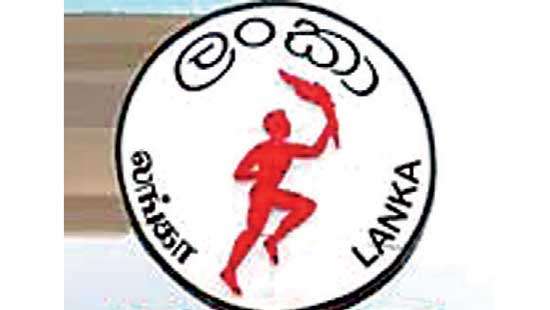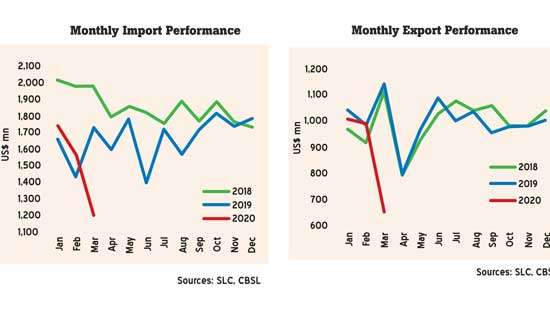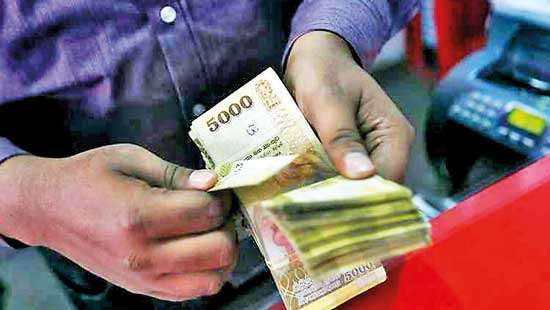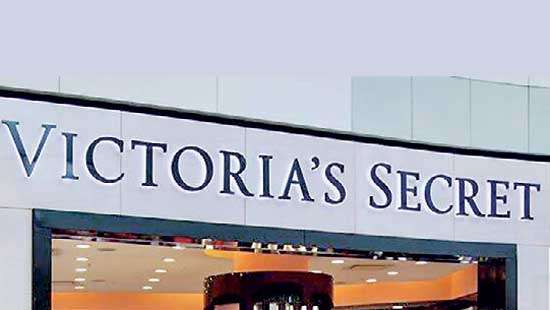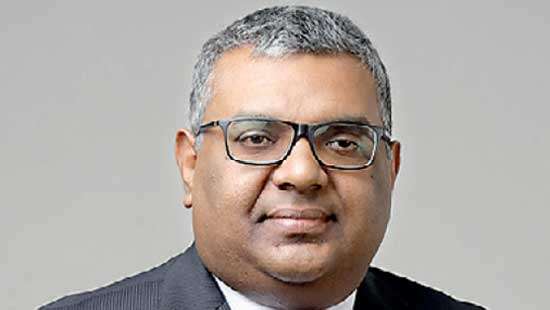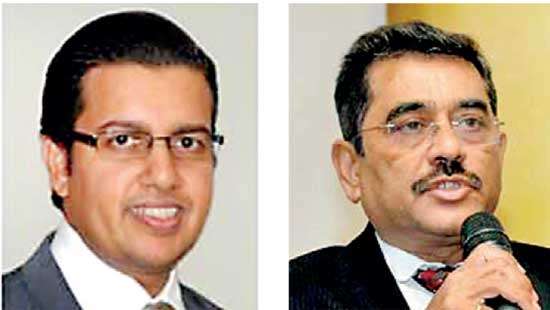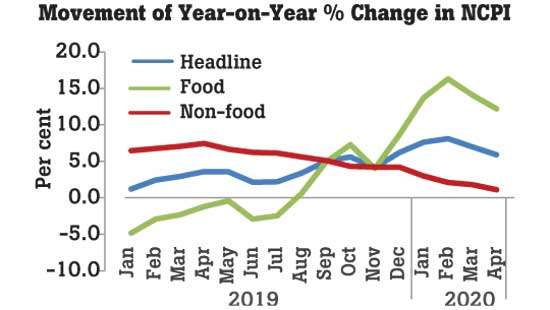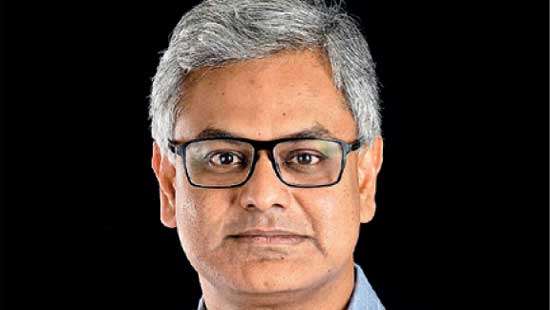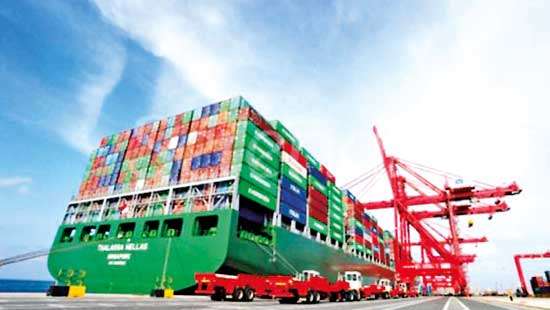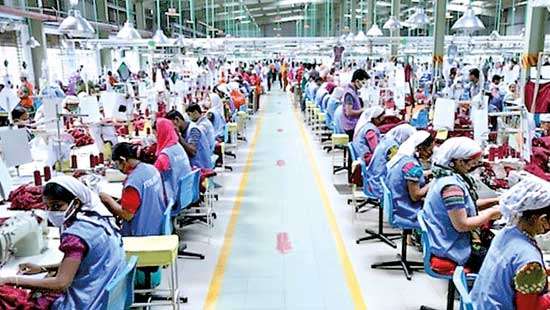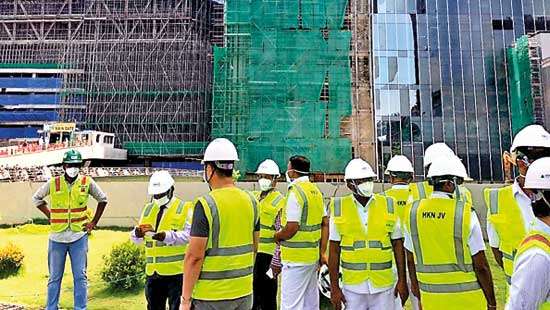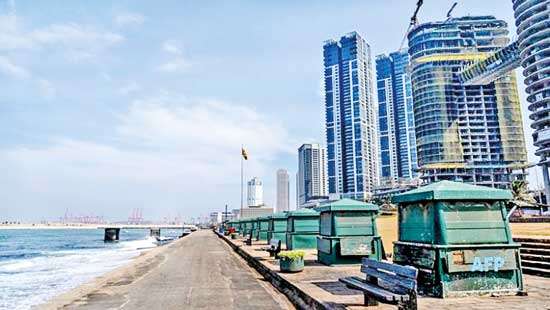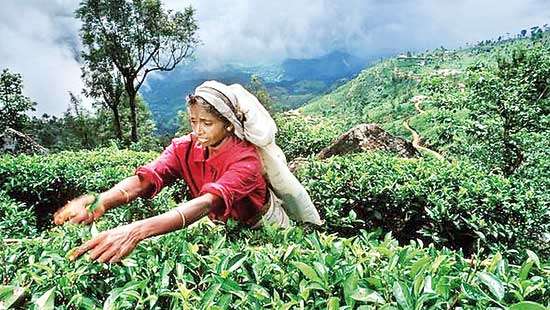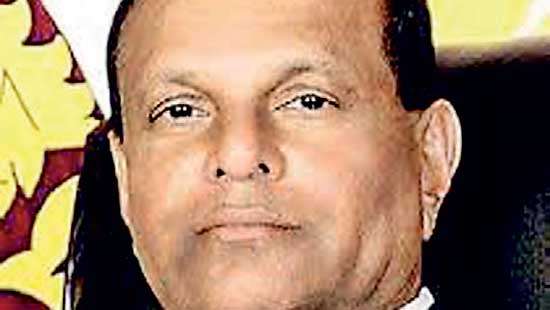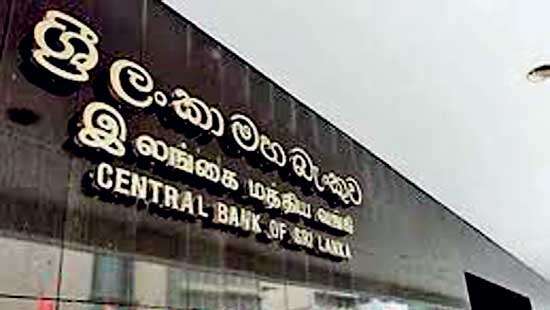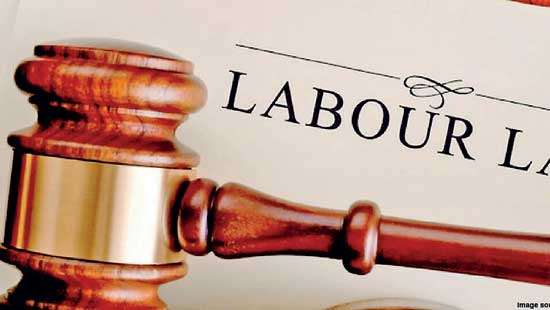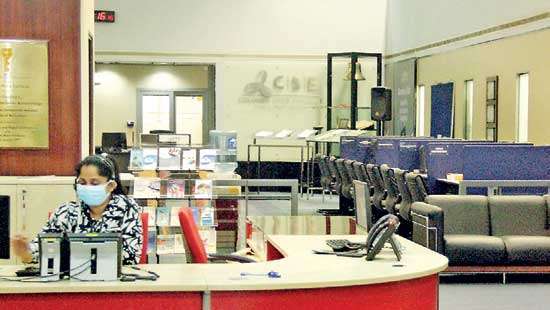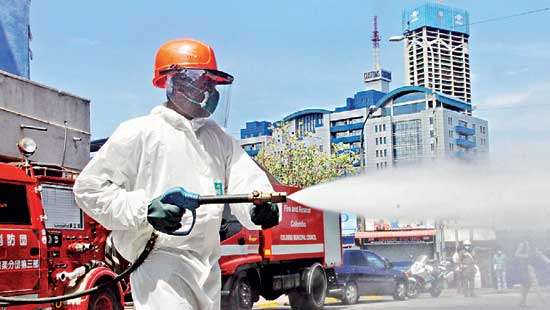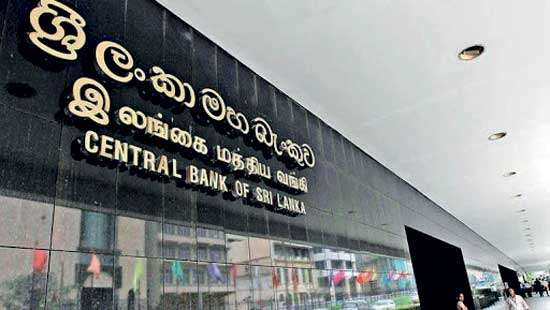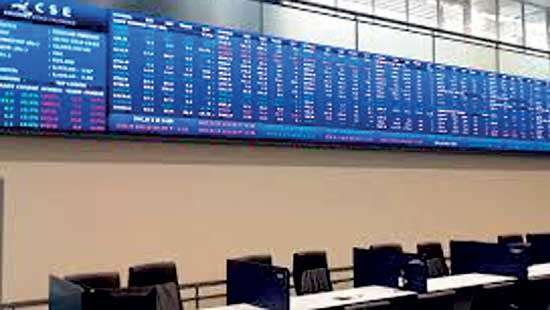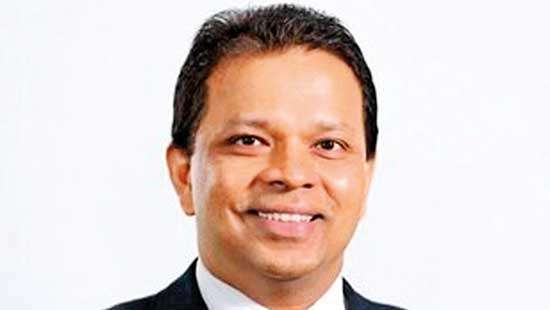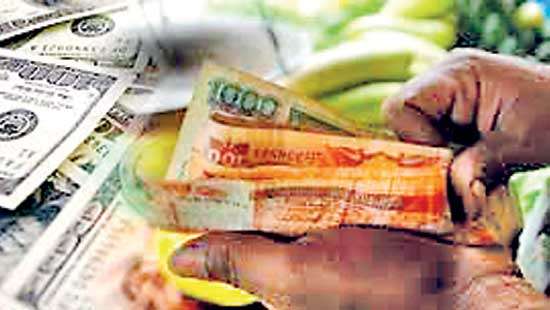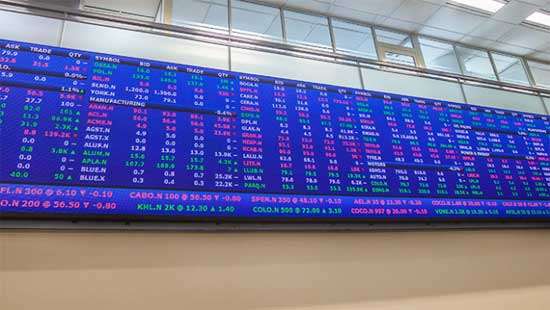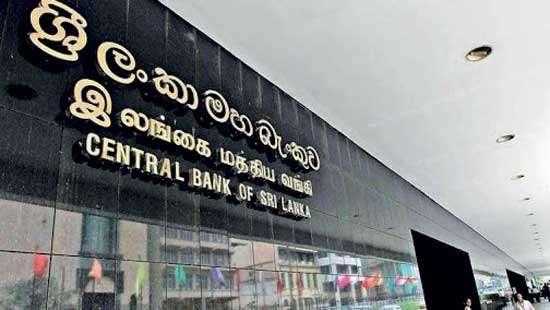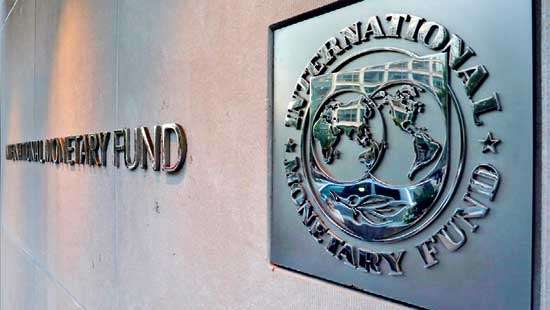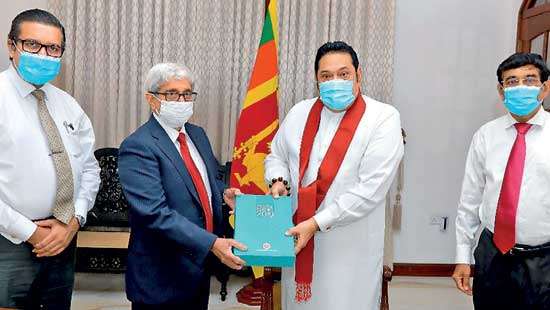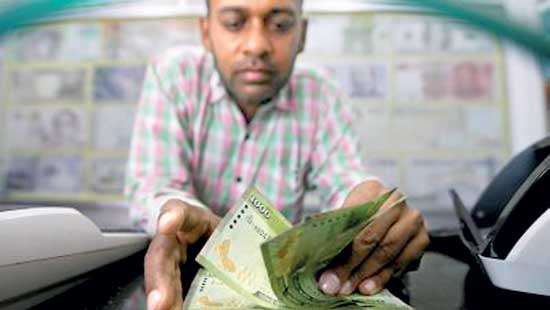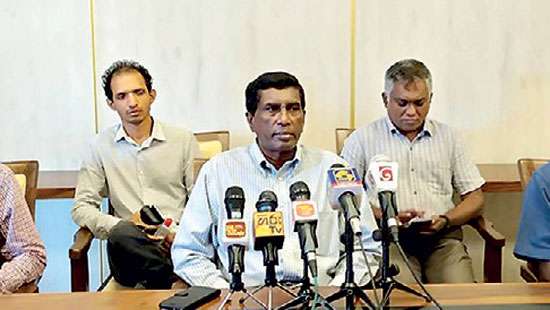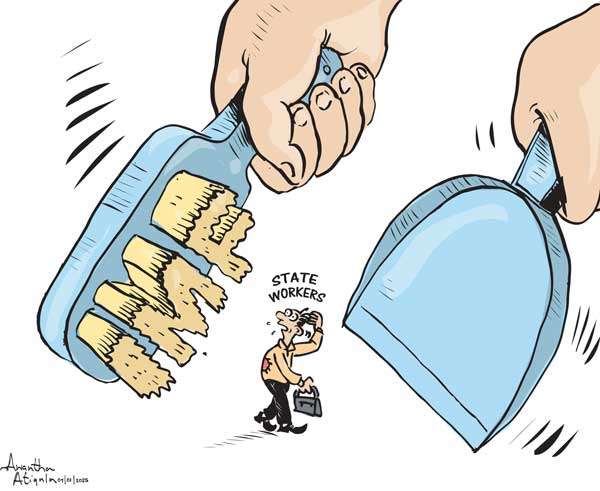Business Main
SOE losses narrow in 2019 due to lower global oil prices
03 Jun 2020
 0
0
Sri Lanka’s 52 key state-owned enterprises (SOEs) have reduced their combined losses substantially to Rs.2.4 billion in 2019, from Rs.28 billion recorded in 2018, due to the enhanced performance of Ceylon Petroleum Corporation (CPC), amid lower oil prices.
Apparel exports up to April decline over 28%
02 Jun 2020
 0
0
Sri Lanka’s cumulative apparel exports in the first four months stagnated to US $ 1.25 billion, recording a 28.2 year-on-year (YoY) decline, after the historical contraction in April apparel export earnings as the COVID-19 pandemic paralysed the retail sectors in the key export markets.
Trade deficit narrows by US $ 43mn in March
02 Jun 2020
 0
0
Sri Lanka’s trade deficit narrowed by US $ 43 million in March, driven by a sharp decline in imports amid the COVID-19 impact, decline in oil prices, import restrictions and low demand for export inputs, although export earnings recorded a sharper decline in percentage points compared to the import expenditure.
CB revises down private sector credit growth target for 2020
01 Jun 2020
 0
0
The Central Bank has slashed its expectations for private sector credit for 2020 amid expected reduction in spending and investment activities by individuals and corporates alike due to coronavirus-induced economic and financial difficulties.
ICRA Lanka highlights finance company liquidity concerns
29 May 2020
 0
0
The outlook for finance companies is expected to be more challenging compared to banks in the post-confinement period as asset quality, liquidity and higher capital standards could weigh on the sector’s recovery, but the regulatory response aimed at containing the full impact of the crisis could take some pressure off from the sector, ICRA Lanka said.
apparel exporters jittery over possible bankruptcy of Victoria’s Secret
28 May 2020
 0
0
A potential bankruptcy filing by the US-based premium lingerie brand Victoria’s Secret (VS), which accounts for around 20 percent of Sri Lanka’s apparel exports, is threatening the country’s overall apparel export performance and the bottom lines of top apparel exporters.
John Keells expects “material” impact on its biz from COVID-19
22 May 2020
 0
0
Premier blue chip John Keells Holdings (JKH) expects the impact of COVID-19 pandemic on its businesses to be “material” in the first and the second quarters of the financial year 2020/21, particularly on the group’s tourism focused businesses.
April merchandise exports record historic decline
21 May 2020
 0
0
Sri Lanka’s April merchandise exports have fallen to their lowest levels since April 2002, recording a historical drop of 64 percent year-on-year (YoY) to US $ 277.4 million, driven by a record 81.8 percent YoY decline in apparel exports with tea exports regaining the top export status after decades, due to the impacts stemming from the COVID-19 crisis.
MAS joint venture firm announces VRS
20 May 2020
 0
0
The world’s biggest narrow fabric and elastics supplier to the garments industry, Stretchline Holdings, of which Sri Lanka’s MAS Holdings is a joint venture partner, has announced a voluntary retirement scheme (VRS) at one of its plants in Sri Lanka, as the apparel exporters renew the call to the government to amend the existing labour laws to allow a 30 percent cut in employment, to survive during the COVID-19 crisis period.
Cinnamon Life post-COVID standard commended by health officials; construction resumes
19 May 2020
 0
0
Colombo’s iconic landmark and the single, largest, private mixed development investment in Sri Lanka, Cinnamon Life by the John Keells group, has resumed construction after a lockdown since March 2020.
Non-ideological strategy proposed for post-COVID-19 economic recovery
18 May 2020
 0
0
Sri Lanka’s post-COVID-19 economic recovery policies must prioritise mitigating the hardship on masses, restoring economic stability and improving the investment climate for business with pragmatic policies instead of giving into vested interests and ideological biases, as the country is more likely to experience a ‘U-shaped’ recovery with a period of flat growth, according to a latest report.
Sri Lanka eyes confidence building measures to bring back global travellers
15 May 2020
 0
0
As Sri Lanka is eagerly looking forward to open its borders to get the national economy back on track, much of the efforts should be in positioning the country as a safe destination for which the airports must take effective measures to build confidence among global travellers and airlines that it delivers what is promised, the country’s Airport and Aviation Services chief said.
CB implements extraordinary regulatory measures to pump in more liquidity to banks
14 May 2020
 0
0
The Central Bank (CB) yesterday announced the implementation of extraordinary regulatory measures aimed at strengthening the liquidity positions of the licensed banks, to ensure the continued supply of credit and to meet the urgent liquidity needs of banks, given the current position of the industry.
Legal fraternity calls for urgent changes to labour laws
13 May 2020
 0
0
Sri Lanka’s archaic labour laws need urgent revisiting and amendment where possible, a panel of high-profile lawyers said, as bulk of the laws that are in effect are hardly useful at this point of time where the ongoing health crisis is observed to be taking a toll on both employers and employees across diverse sectors.
Share trading halted soon after reopen from lockdown
12 May 2020
 0
0
The Colombo Stock Exchange (CSE) yesterday closed trading in just 38 seconds when the market resumed trading following a 51-day break, with the S&P SL20 index breaching the 10 percent decline threshold amid the plunge in share prices, triggering circuit breakers.
Central Bank cuts policy rates further to support economy
07 May 2020
 0
0
The Monetary Board of the Central Bank of Sri Lanka, at a special meeting held yesterday, decided to reduce the Standing Deposit Facility Rate (SDFR) and Standing Lending Facility Rate (SLFR) of the Central Bank by 50 basis points, to 5.50 percent and 6.50 percent, respectively, effective from the close of business on May 6, 2020.
Recovery of most listed firms to take more than one year: report
06 May 2020
 0
0
The full recovery of listed entities of Colombo Stock Exchange (CSE) is expected to drag up to June next year with anticipated long-term recovery of tourism, plantation, construction material and real-estate, consumer durables, apparel and retail sectors due to the prolonged impact of COVID-19 pandemic, Colombo-based First Capital Research said in a special report.
Banking sector sees deposit build up contrary to expectations
05 May 2020
 0
0
Contrary to the expectations that many would withdraw from their bank deposits to face the uncertain times created by the pandemic, the sector is seeing a build up of deposits, which the banks attributed to the limited spending opportunities available for people, although they received salaries for the months of March
March worker remittance income shows first signs of prolonged slowdown
04 May 2020
 0
0
Worker remittances to Sri Lanka fell sharply in March setting forth in what could be the beginning of a prolonged slowdown in the crucial foreign exchange income, which acted for decades as a buffer against massive foreign outflows on imports and the country’s fragile balance of payment (BOP).
SEC proposes joint committee to make stock market go fully digital
02 May 2020
 0
0
The Securities and Exchange Commission (SEC) is proposing to set up a joint committee with the Colombo Stock Exchange (CSE) to identify the mechanisms required for the country’s stock market to operate its core functions digitally and enable clearing and settlement activities electronically.
Budget delay could handicap fiscal measures required to soften COVID-19 impact: CB
01 May 2020
 0
0
The Central Bank (CB) has cautioned that the possible delays in presenting the government budget for 2020 would limit the space for implementing new fiscal measures for 2020, which are considered to be crucial to avert the adverse impact stemming from COVID-19 pandemic on fiscal policy and debt sustainability of the country.
SL seeks US $ 800mn under IMF’s Rapid Financing Facility
30 Apr 2020
 0
0
According to Moody’s Investors Service, Sri Lanka’s government has sought US $ 800 million from the International Monetary Fund (IMF) over the next two years, under the latter’s Rapid Financing Facility, as the government is reorienting its external funding lines towards multilateral and bilateral creditors, since the international capital markets have dried up.
CB forecasts economy to grow at 1.5% this year
29 Apr 2020
 0
0
The Central Bank (CB) expects Sri Lanka’s economic growth to decline to 1.5 percent this year from 2.3 percent in 2019, possibly avoiding a coronavirus-induced recessions, although with severe impacts across sectors causing hardships for all stakeholders.
SME apparel exporters plead for govt. assistance
27 Apr 2020
 0
0
Sri Lanka’s small and medium-scale apparel exporters regret that they are yet to receive the relief package announced by the Gotabaya Rajapaksa-led government and it has caused several cash-strapped SME exporters to run into difficulties in paying employee salaries for March and April.

JICA assures continued aid to Sri Lanka
27 Apr 2020
 0
0

Govt. to tap migrant worker savings with Rs.744.75mn entrepreneurship scheme
27 Apr 2020
 0
0

Business community welcomes New Year with positive sentiments
27 Apr 2020
 0
0

New Year New Challenges New Opportunities
27 Apr 2020
 0
0

Emirates launches additional flight to CMB-DXB route
27 Apr 2020
 0
0

‘Lankadeepa’ shines at People’s Pinnacle Awards 2024
27 Apr 2020
 0
0

Rohingyas rescued in SL are victims of human trafficking: Minister
27 Apr 2020
 0
0

Burst pipeline causes water supply disruption in Galle
27 Apr 2020
 0
0


